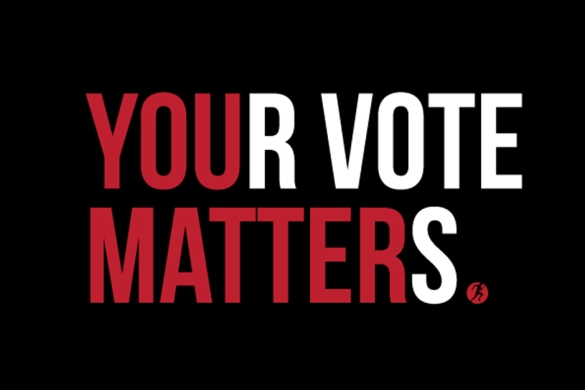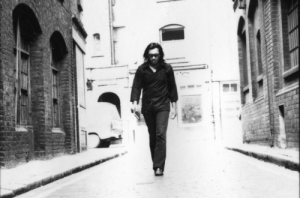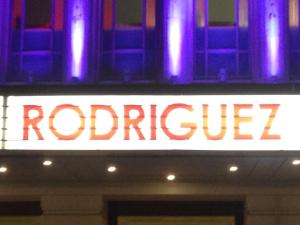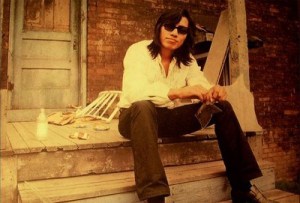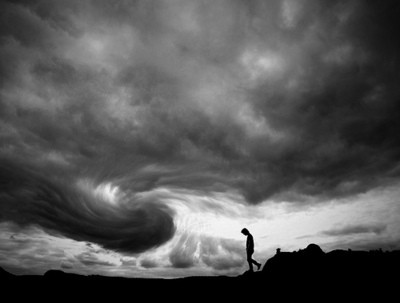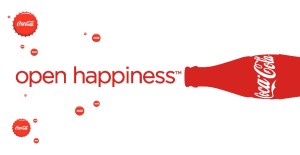The Polling Station Beckons, The Political Underbelly Rumbles, Westminster Is Hungry
7th May fast approaches. Five years of arduous austerity measures from a coalition government dominated by a cold-hearted and hard-headed Conservative-driven policy for economic recovery might soon come to an end. ‘Austerity drags on!’ have been the cries from the margins as the wants and needs of the marginalised have been overlooked in favour of an unbending defence of the financial status quo and the protection of the privileged few. The sixth wealthiest country in the world reduced to food banks, pay-day money lenders, the Bedroom Tax and deep fissures running through the loosening stitches in the multicultural fabric of this great Britain. Not to mention that the current government has created more national debt than all other Labour governments in the past century combined.
The polling station awaits and, while many have already voted, there are many who will still be pacing frantically between pillar and post, scratching their head and ruminating over the myriad choices that confront them. Like these people, I pontificate politically as I lose hair and my nerve, developing a galloping political neurosis. I find myself weighing up my decision as I make my morning coffee, as I flick casually through the Guardian at lunchtime, as I walk to and from work, or as I stand in the shower, warm jets of indecision on my shoulders and back reminding me that the time will soon come when uncertainty must give way to clarity; or so I hope.
The choice which confronts voters sympathetic to the suffering of those hit worst by growing inequality and injustice and antagonised by the looming reality of domination by corporate monopolies boils down to two issues: principles and expediency. In a fractured post-recession society, a desire for the overhaul of a system both endemically broken and institutionally entrenched might well qualify as a pipe dream. Russell Brand typifies, for many, the disaffection with Westminster politics. He is a figurehead whose rhetorical onslaught puts principles ahead of politics and people before the profit motive. Even Brand has had a delayed revelation that expediency for the moment is a better alternative than principled inaction and, in doing nothing, creating hope for an alternative political future that does not bear thinking about.
What is this alternative? Five more years of discriminate austerity which polarises the haves and the have-nots in society, coupled with a noxious right-wing anti-European, anti-immigration political ideology which would be the straw the broke the back of a camel which is already hunchbacked and rheumatic. The pressing choice that millions of voters will make on Thursday is whether to carry on with a business-as-usual approach to an austerity plan which views social grievances as an impediment to economic recovery or to indict this current policy and decide that the suffering caused by the banking crisis should be shared out equally and not heaped mercilessly onto the amorphous masses with no voice.
So what is the sensible choice at the polls on Thursday? The Labour Party under the leadership of Ed Miliband has pledged to reverse the coalition’s failed policy of austerity and work for the working people, revitalising the NHS, reducing tuition fees, taxing the richest 1% of the country, giving a voice to the regions, abolishing non-dom tax status and ending the UK’s status as a tax haven for international oligarchs and private capitalists. Under Labour and Miliband, there will be hope of ‘a future fair for all’. The eternal idealists, the Green Party, have pledged in their manifesto to create a waste-free economy by 2020, to raise the minimum wage to £10-an-hour, to institute a Robin Hood tax which will deliver poetic justice to the wealthiest in this country who have benefitted the most from economic recession and to rescue the NHS from Private Finance Initiatives. And there’s always the apologetic Liberal Democrats and their own brand of progressive politics. Although there is no clear sensible choice, so to speak, at least there is a choice to the current climate of political decay.
On a personal note, I often wonder: Are my opinions and views reflected in any of these manifestos? Will my voice be heard in Westminster if I vote for the party which gets into power? Then I remind myself that democracy is, above all else, an ideal. Democracy does not mean that each voice will be heard, only that each individual has a chance to speak and an opportunity to affect indirect change. So, when I stand in the booth on Thursday morning, still searching for clarity and ruing the possibility that my decision might contribute to a worse future for this country in the next five years as much as it might contribute to a brighter future, I will ask myself again: principles or expediency?
Am I voting for the world I would like to see or am I voting to create space for change in a world I see around me each day? Can my single vote create waves or will it only create temporary ripples? Alone, it does little. But my vote alongside many might just create a current strong enough to rock the flotilla of Westminster politics, to shake the kleptocrats from their ivory towers and the plutocrats from their towering pedestals, and beckon in a new dawn for politics which could, just maybe, cure the ills of an ailing nation in desperate need of change.